Frederica Freyberg:
Russian influence in the Twittersphere before and especially after the 2016 election gets a close eye from UW-Madison researchers. Their paper titled, “The Twitter Exploit: How Russian Propaganda Infiltrated U.S. News” looks at just that with surprising and troubling implications. One of the researchers and co-author Associate Professor of Journalism Chris Wells is here. Thanks very much for being here.
Chris Wells:
Thanks.
Frederica Freyberg:
You describe how Russia's internet research agency or IRA took to Twitter and Facebook spreading content resulting in hundreds of millions of impressions on the part of Americans. Most of it you say to sow social divisions and discord and reduce trust in American democratic institutions, but also with a specific eye toward harming Hillary Clinton. So I guess we weren’t kind of imagining it when we saw new heights of anger and divisiveness and polarization.
Chris Wells:
Well, I don’t know if I'd say that. I think what we’ve seen with the Russian campaign in 2016, 2017 is more an amplification of processes already going on in U.S. politics. That’s probably one of the reasons why they weren’t identified for so long is a lot of what they were producing looked a lot like the kind of polarized discourse we’re already seeing.
Frederica Freyberg:
What’s an example of how the Russians did this, amplified this?
Chris Wells:
Yeah. We have a lot of examples of a particular account, which is known as Ten GOP, which was pretending to be a Republican Party account from Tennessee. And what they would do is post real news stories and repost things from other people that were criticizing Democrats or making fun of Democrats or something like that. At one point during the campaign or actually after the campaign, once Donald Trump was president, Johnny Depp, the actor, said something about the president that wasn’t very nice and Ten GOP jumped right on it and said look at this Hollywood actor, he’s such a jerk to be criticizing the president.
Frederica Freyberg:
You found further that some of these kind of tweets from that kind of handle made their way into mainstream reporting in outlets like the Washington Post or USA Today or even NPR. So how did that happen?
Chris Wells:
That was really our contribution. We already knew from other sources like the special counsel’s indictment about some of the general social media activity. We found they appeared in American news media a certain number of times. It wasn’t a huge number of times. Cause you have to remember that a lot of these outlets are producing thousands of stories a month. So we found more like a handful, a hundred-some instances. But it seemed to happen when the outlets were trying to report on what was going on on social media. So it would often explicitly say, “Here’s what Twitter thinks about this issue.” And then they’d grab a bunch of tweets and sometimes those tweets wouldn’t be Americans at all by it turns out these IRA accounts from Russia.
Frederica Freyberg:
For journalists, how slippery a slope is embedding tweets in reporting or using them as sources of information?
Chris Wells:
I think from this study we see it’s pretty slippery. Journalism for a long time has used man-on-the-street perspectives. They ask people what do you think about these things. And that’s really important because it’s sort of the democratic process of the press, to see what people are thinking. So it’s probably important also to look at social media to see what people are saying there. But we’re finding that a higher level of verification of what’s being said is probably necessary.
Frederica Freyberg:
Do the Russians persist in this even after being outed, as you were saying in these Congressional hearings?
Chris Wells:
Yeah. What we’re hearing from the best research is that the Russian intelligence Operations continue on social media and other places. So this isn’t going away.
Frederica Freyberg:
So are there these IRA tweeters out there, even now, that we know of that people have specified their handles?
Chris Wells:
Yeah. There it gets a little bit more tricky because the accounts we used were formally identified by Twitter. Twitter itself said these are accounts coming from Russia. Twitter hasn’t released other names of accounts they believe are still operating. Twitter stops them once they identify them. But other fairly reputable research outfits are pointing to other accounts and suggesting they’re continuing to operate.
Frederica Freyberg:
So the challenge to journalists is clear. But what about for consumers of news? Should they trust kind of anything that’s out there?
Chris Wells:
Well, of course no. I think they should continue to be sort of critical about what they trust. But you also have to remember that most of what the Russians posted was not fake news. You weren’t going to learn something that was false from reading these tweets. Rather, as I mentioned before, they were mostly amplifications of really polarized discussion that’s already going on in our country. So you might become sort of more polarized. But the bigger story might be, be kind of cautious when you’re consuming this very partisan content that is very critical of the other side for example because they may be being critical of something that is really blown out of proportion or something like that.
Frederica Freyberg:
All right. Chris Wells, thanks very much.
Chris Wells:
Thanks for having me.
Search Episodes
News Stories from PBS Wisconsin
04/29/25
Wisconsin Supreme Court suspends judge who is accused of helping man evade immigration agents

Donate to sign up. Activate and sign in to Passport. It's that easy to help PBS Wisconsin serve your community through media that educates, inspires, and entertains.
Make your membership gift today
Only for new users: Activate Passport using your code or email address
Already a member?
Look up my account
Need some help? Go to FAQ or visit PBS Passport Help
Need help accessing PBS Wisconsin anywhere?

Online Access | Platform & Device Access | Cable or Satellite Access | Over-The-Air Access
Visit Access Guide
Need help accessing PBS Wisconsin anywhere?

Visit Our
Live TV Access Guide
Online AccessPlatform & Device Access
Cable or Satellite Access
Over-The-Air Access
Visit Access Guide
 Passport
Passport







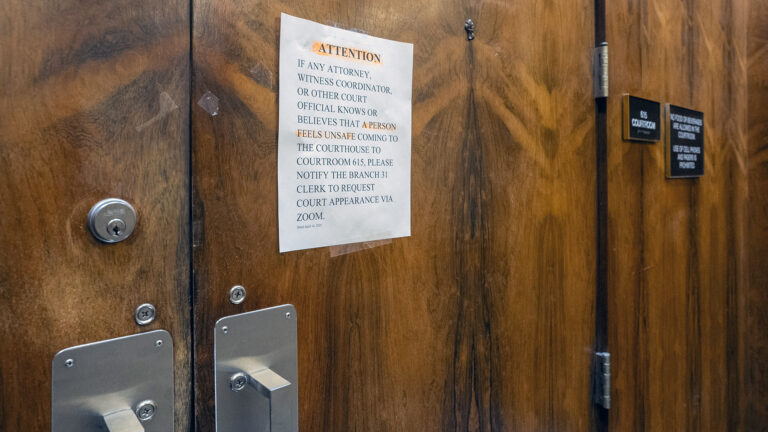
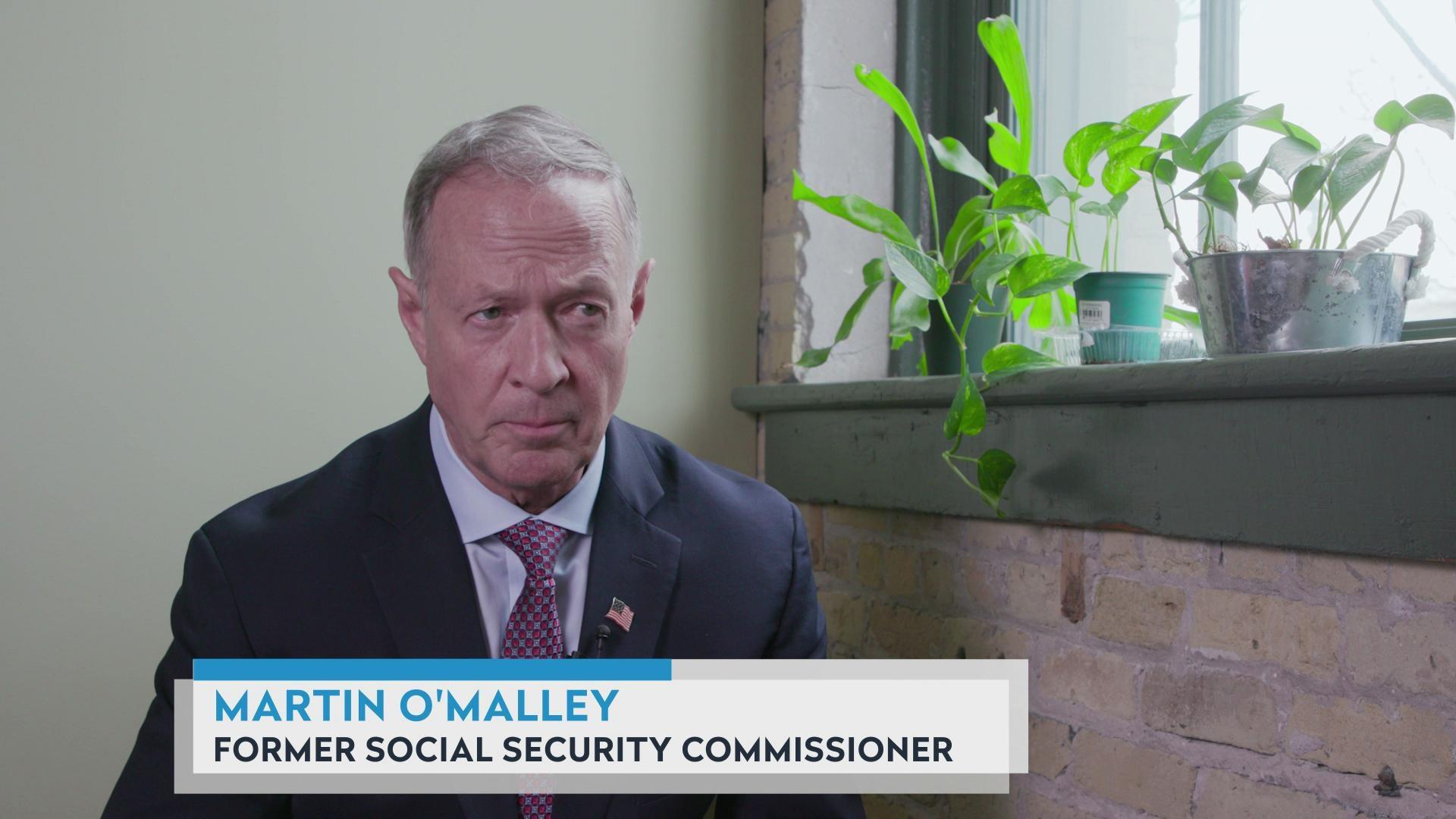
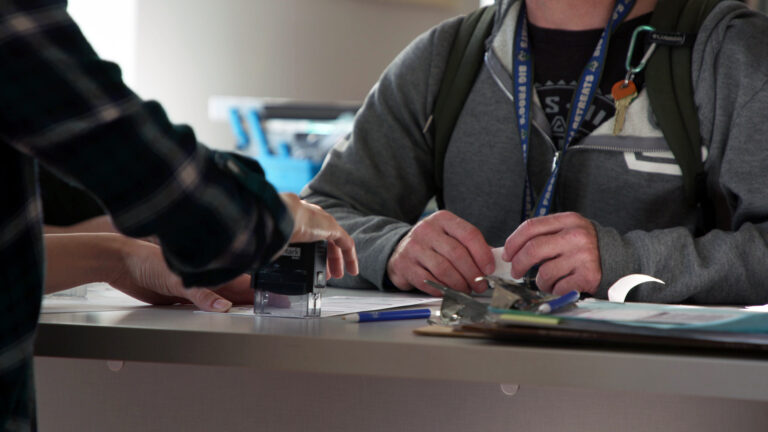
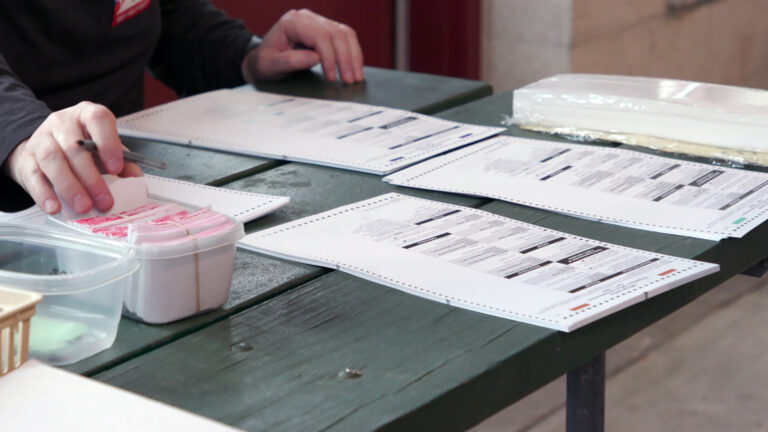

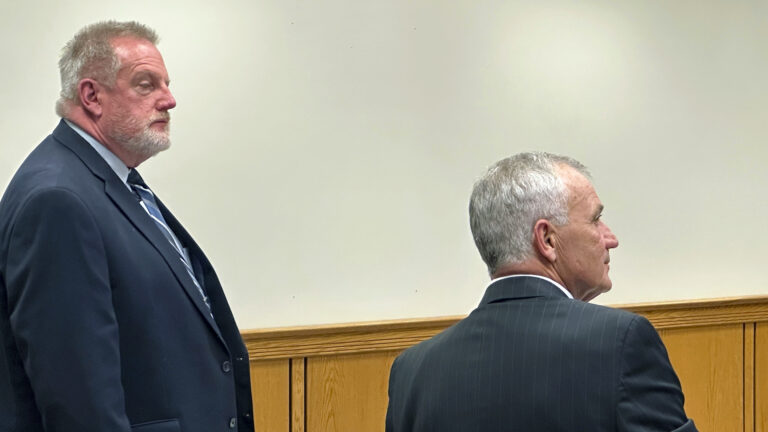
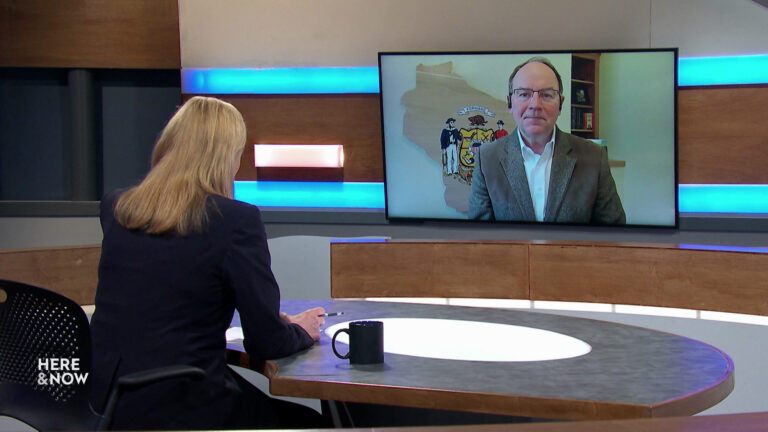


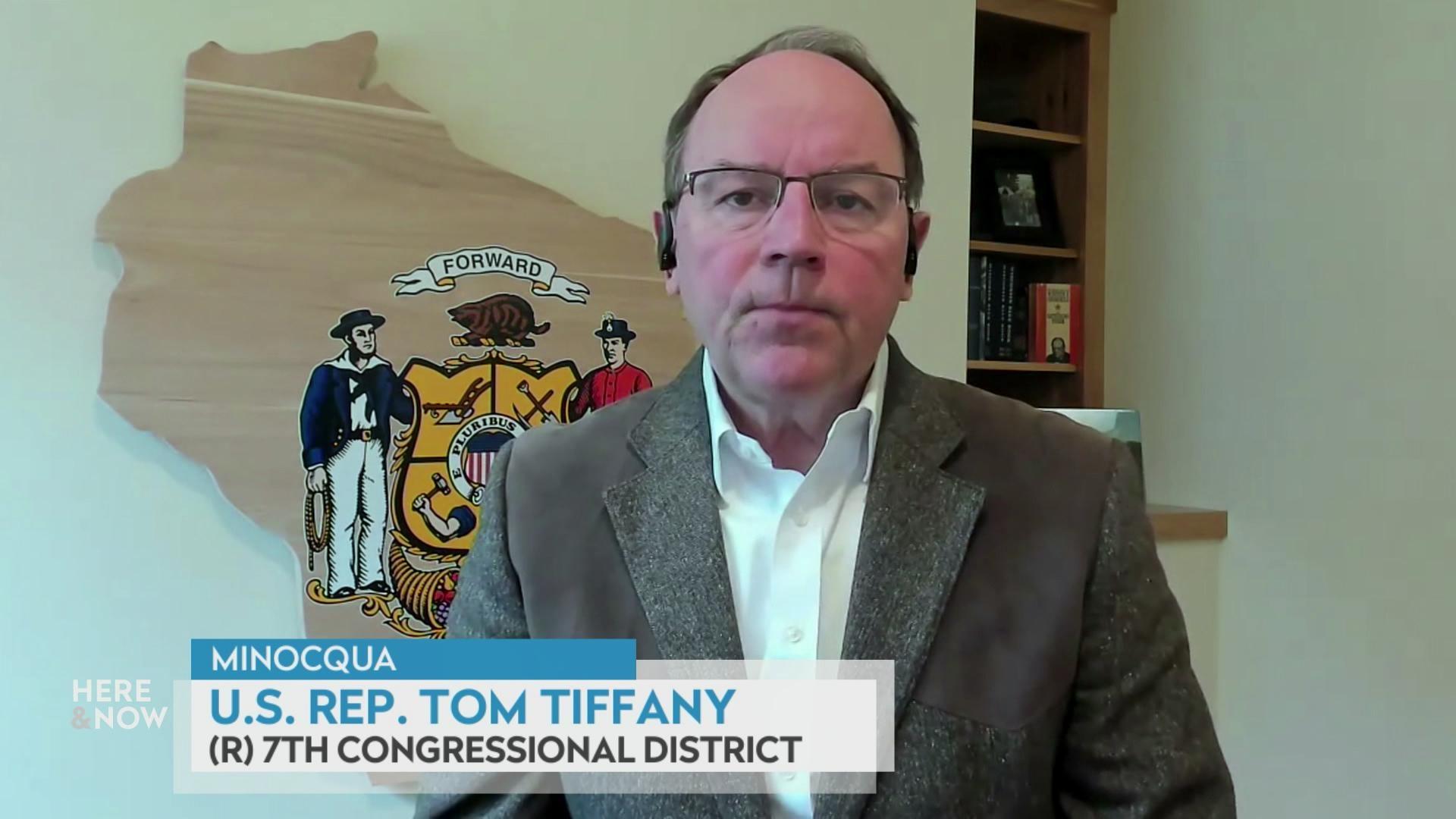


Follow Us